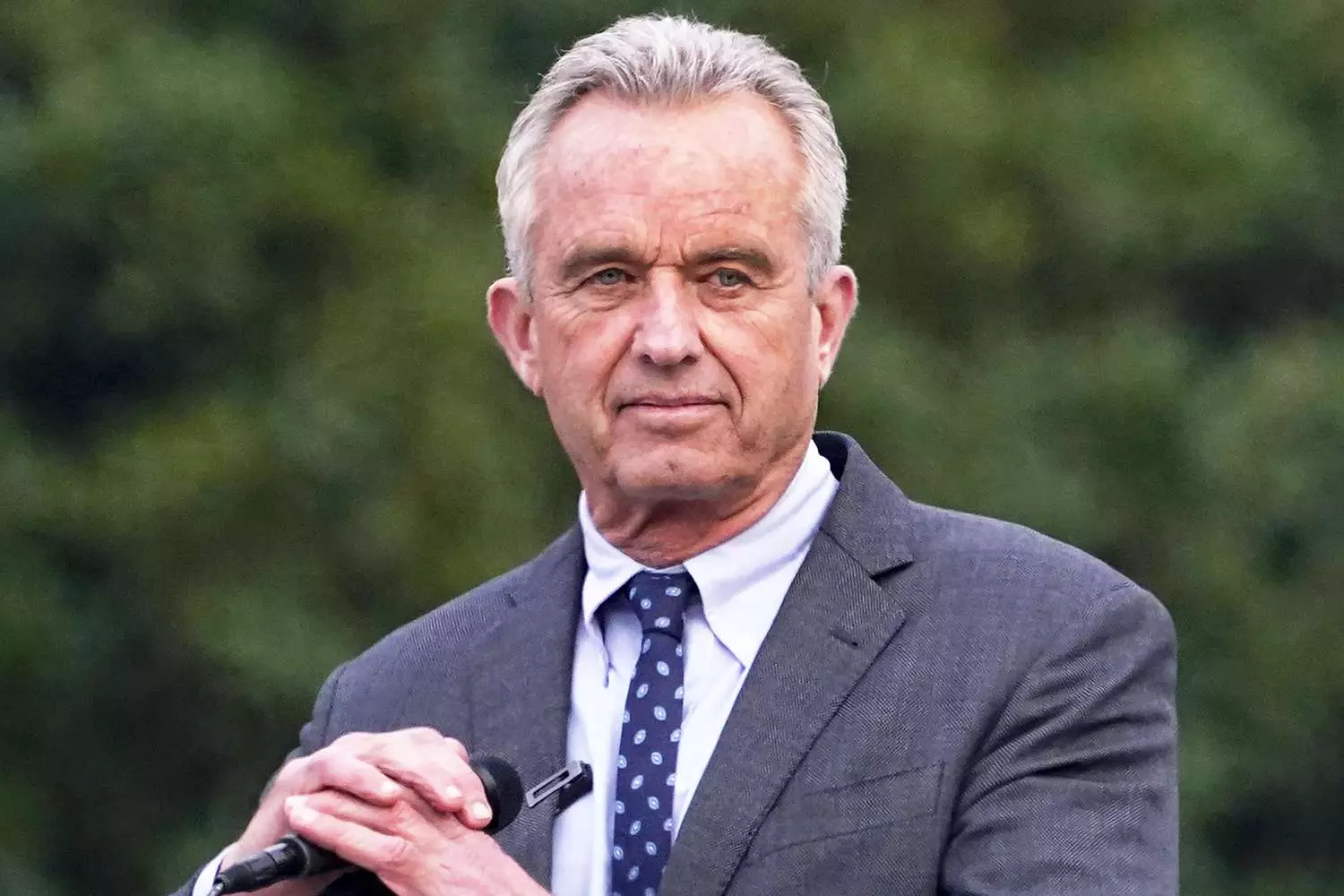The idea of the federal government investing in Bitcoin has recently gained momentum, with Kennedy proposing that the government should buy Bitcoin until its holdings match the value of the nation’s gold reserves. This proposal raises several important questions about the future of currency and the role of governments in the digital age.
Kennedy’s proposal suggests that the US government should acquire enough Bitcoin to match the value of the nation’s gold reserves, which are currently worth around $615 billion. This would equate to roughly 9.4 million BTC, which is almost 45% of the total supply. Kennedy believes that Bitcoin is an “honest currency” with intrinsic value similar to gold, making it an ideal store of wealth.
Kennedy argues that Bitcoin has several advantages over traditional assets like gold. He points out that Bitcoin is infinitely divisible, making it easier to use in daily transactions. Additionally, Bitcoin’s decentralized nature means that no single entity controls its supply, making it resistant to manipulation.
Kennedy envisions a future where government fiat currency is backed by a basket of hard currencies, including gold, silver, and Bitcoin. He proposes the creation of a new class of Treasury bills anchored to this basket, with the percentage of Bitcoin increasing over time. This would provide a stable foundation for the economy and reduce the risk of currency devaluation.
Kennedy believes that decentralization is key to preserving democracy and fighting government corruption. He argues that Bitcoin’s decentralized nature makes it an attractive alternative to traditional financial systems. By decentralizing power and wealth, Bitcoin can empower individuals and protect personal freedoms.
Kennedy’s proposal has sparked a debate within the crypto community, with some praising his vision for a Bitcoin-backed financial system. Others are more skeptical, questioning the feasibility of such a radical change to the existing monetary system. However, the growing interest in Bitcoin among politicians and policymakers indicates a shift towards digital assets in the mainstream.
As the debate over government investment in Bitcoin continues, it is clear that the traditional financial system is facing challenges from new digital assets. Kennedy’s proposal represents a bold vision for the future of currency, one that prioritizes honesty, decentralization, and personal freedom. Whether or not the US government will embrace Bitcoin remains to be seen, but the conversation surrounding its potential role in the economy is unlikely to fade away anytime soon.

